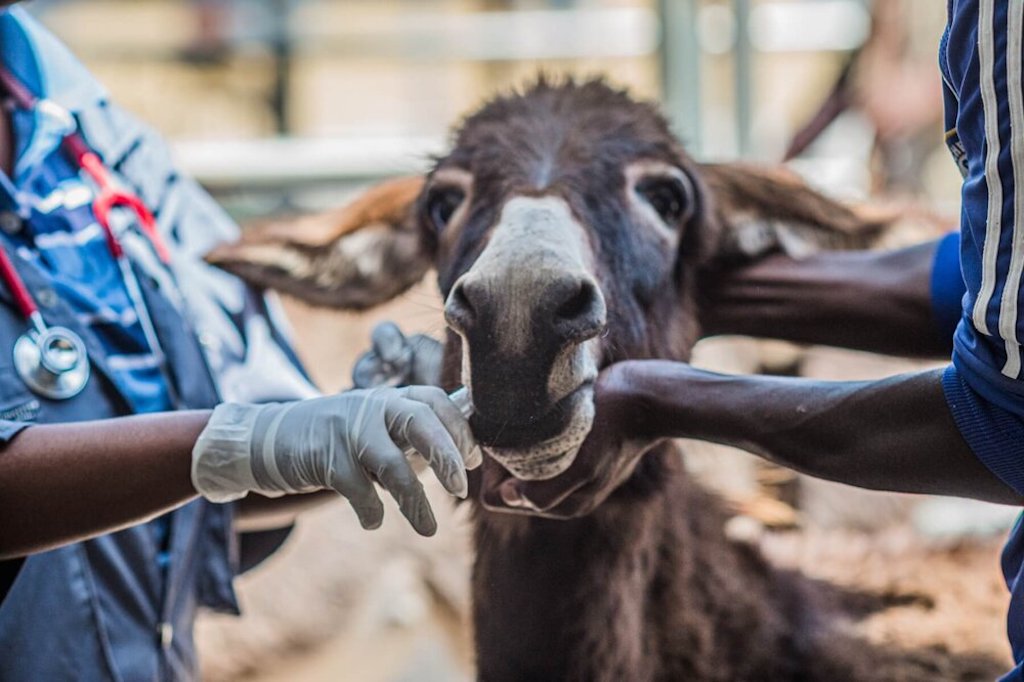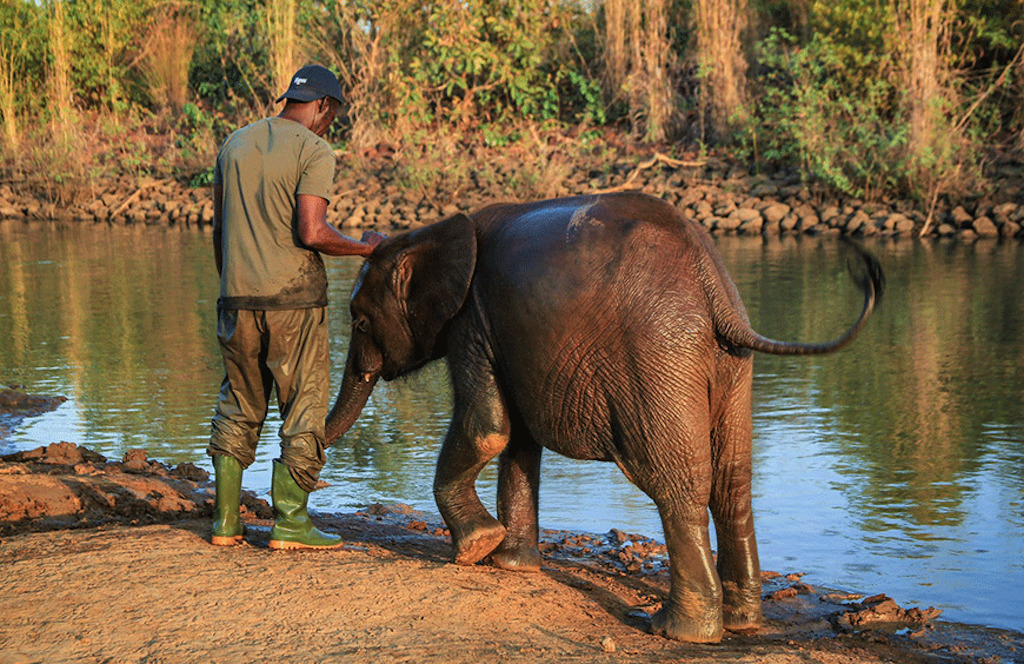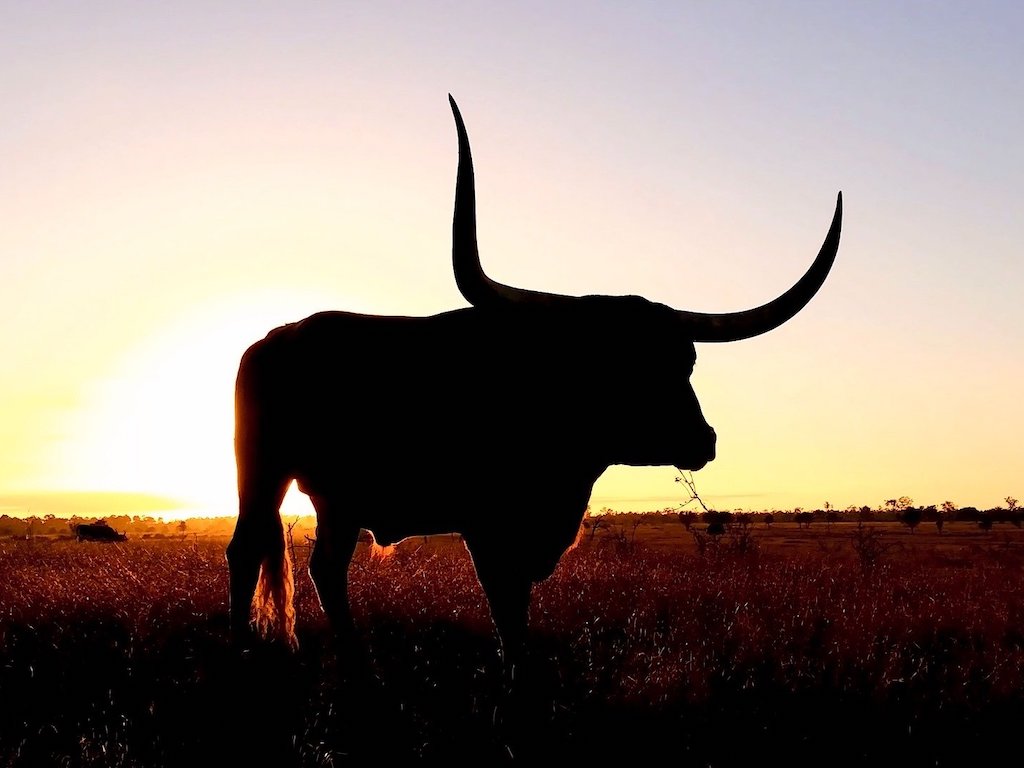4 Mins Read
Animal welfare organisations based in Africa require more funding support, will benefit from alliances with other animal advocacy groups and more in-depth research localised to the African context, says a new report. Released by Animal Advocacy Africa (AAA), a nonprofit dedicated to advancing animal interests and the animal activist movement in the region, the new African Landscape Research Report pinpoints the key bottlenecks that organisations still face, and what needs to be done to support the animal welfare movement and make the work of advocates more effective in the future.
The recently published African Landscape Research Report surveyed 22 animal advocacy groups based in the continent, 11 individual advocates, and 10 experts to gain a better understanding of their work and identify the main obstacles they face. Undertaken by the AAA, which was born last year as an offshoot program of the South African-based organisation Credence Institute, the report hopes to engage groups across the African continent to collaborate in their efforts to help animals.
Among the list of bottlenecks that organisations face to advance the interest of animals is the overall lack of public awareness, driven by the prioritisation of other societal and economic issues such as poverty, infectious diseases and food insecurity, as well as the perception of animal welfare as a predominantly Eurocentric concept.
Government obstacles were also highlighted, with the lack of cooperation and high levels of bureaucracy impeding progress on animal welfare policymaking, compounded with additional issues of corruption and political instability plaguing some African nations.

From our research, lack of funding is one of the bigger obstacles faced by organisations, as well as a lack of talent or capacity.
Jenna Hiscock, Partnership Development, AAA
The Covid-19 pandemic has also meant additional challenges of making it more difficult for animal welfare groups to reach out to communities directly and meaningfully, impeding progress in terms of public awareness and education.
But perhaps the most important obstacle that all African animal welfare organisations face is the lack of funding, which is making it difficult for groups to conduct as many outreach programs to isolated communities and fuel the logistics behind animal protection and conservation.
Speaking to Green Queen Media, Jenna Hiscock who leads partnership development at AAA, explained: “It is difficult to pinpoint just one obstacle as the movement is complex and interlinked with many issues. But from our research, lack of funding is one of the bigger obstacles faced by organisations, as well as a lack of talent or capacity.”

There isn’t a one size fits all solution that can or should be used in the same manner for all countries in Africa.
Jenna Hiscock, Partnership Development, AAA
Based on their findings, the African Landscape Research Report also makes several recommendations for the animal welfare movement to make a bigger impact in the region. The top priority is getting more funding to these groups to allow them to continue and expand their work.
It also advises groups to undertake more local research that takes into account the African context, enabling them to identify the right policies that are most effective and sustainable, or where resources should be channelled.
“There isn’t a one size fits all solution that can or should be used in the same manner for all countries in Africa,” explained Hiscock. “There are specific nuances that should be taken into account.”
Describing the current African animal welfare ecosystem as a “siloed movement”, the AAA report further says that alliance-making will be a key part of building a united front to ramp up public support, awareness and work together as a united front when it comes to lobbying and working with government authorities to push forward animal protection regulations.
Lead image courtesy of AAA.




